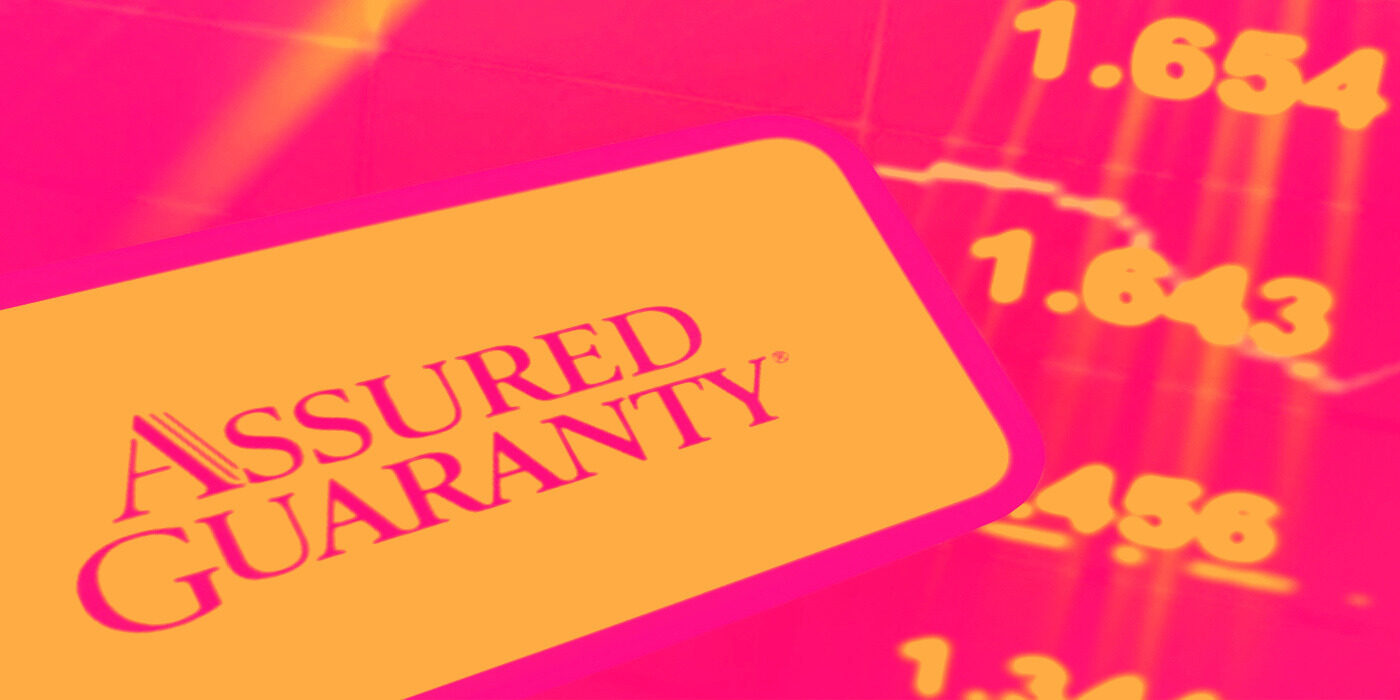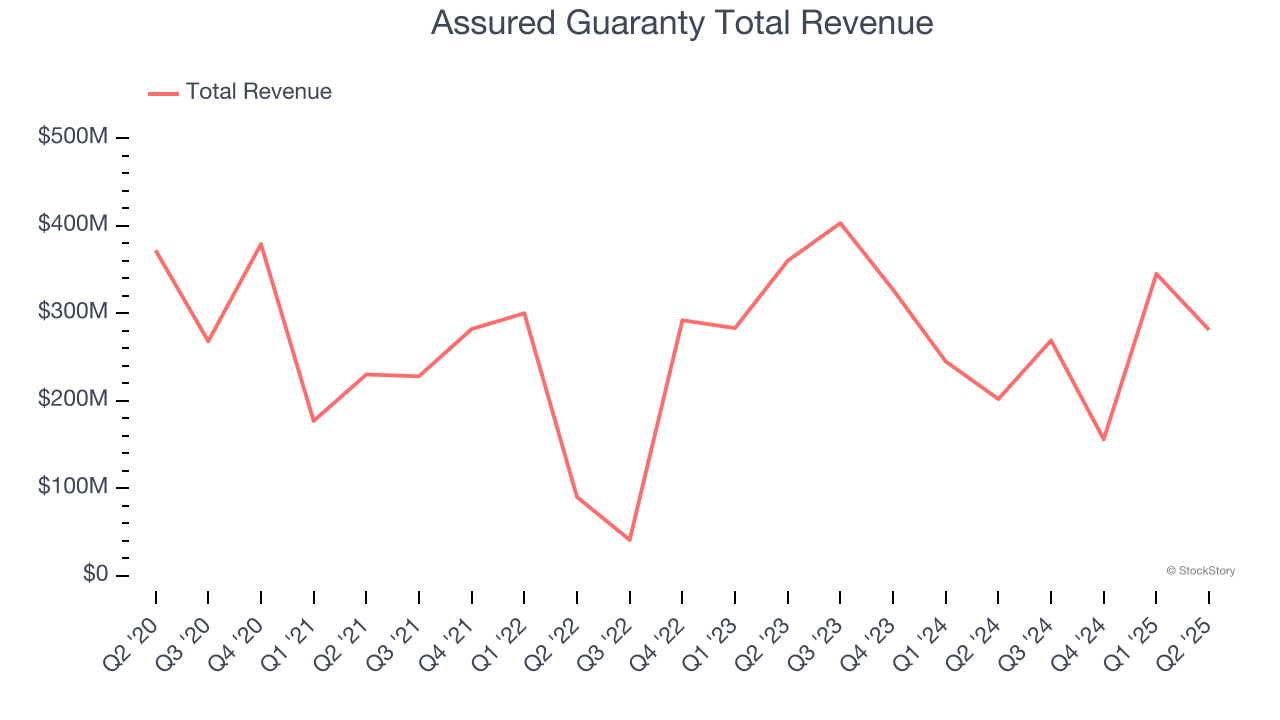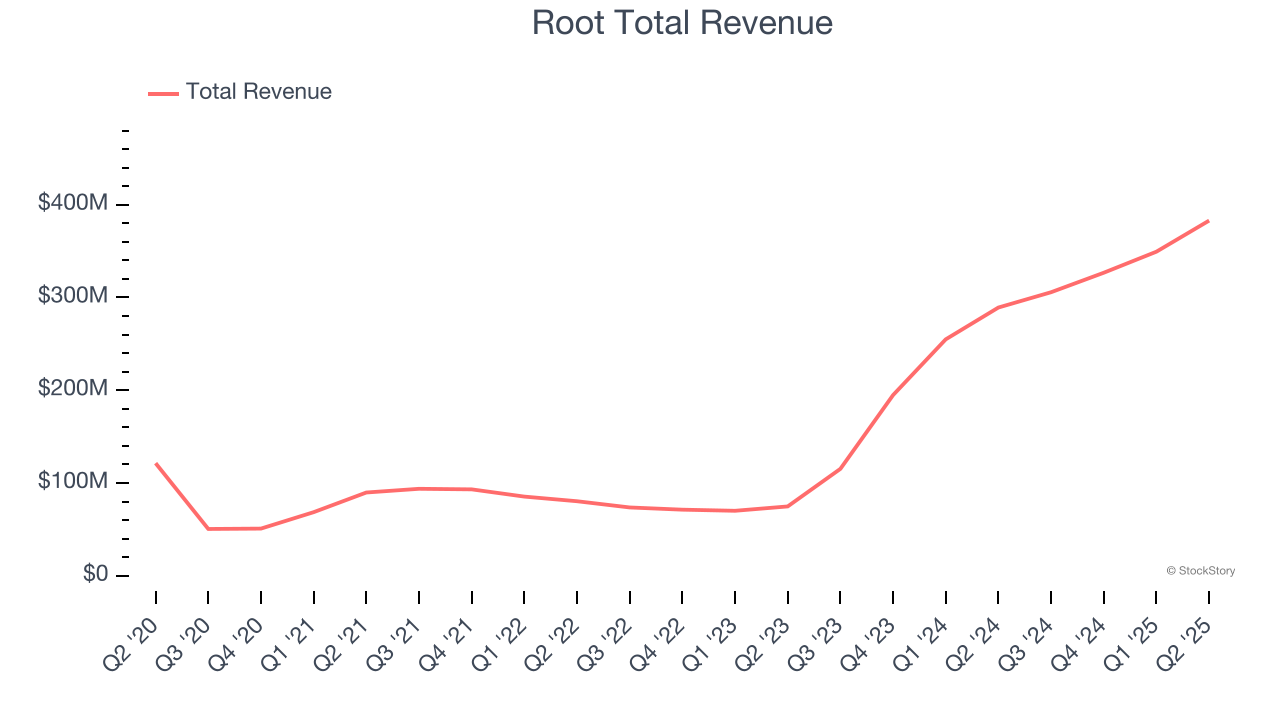
Looking back on property & casualty insurance stocks’ Q2 earnings, we examine this quarter’s best and worst performers, including Assured Guaranty (NYSE: AGO) and its peers.
Property & Casualty (P&C) insurers protect individuals and businesses against financial loss from damage to property or from legal liability. This is a cyclical industry, and the sector benefits when there is 'hard market', characterized by strong premium rate increases that outpace loss and cost inflation, resulting in robust underwriting margins. The opposite is true in a 'soft market'. Interest rates also matter, as they determine the yields earned on fixed-income portfolios. On the other hand, P&C insurers face a major secular headwind from the increasing frequency and severity of catastrophe losses due to climate change. Furthermore, the liability side of the business is pressured by 'social inflation'—the trend of rising litigation costs and larger jury awards.
The 33 property & casualty insurance stocks we track reported a satisfactory Q2. As a group, revenues beat analysts’ consensus estimates by 1.5%.
In light of this news, share prices of the companies have held steady as they are up 4.3% on average since the latest earnings results.
Assured Guaranty (NYSE: AGO)
Serving as a financial safety net for over $11 trillion in debt service payments since its founding in 2003, Assured Guaranty (NYSE: AGO) provides credit protection products that guarantee scheduled payments on municipal bonds, infrastructure projects, and structured finance obligations.
Assured Guaranty reported revenues of $281 million, up 39.1% year on year. This print exceeded analysts’ expectations by 51.2%. Despite the top-line beat, it was still a softer quarter for the company with a significant miss of analysts’ EPS and net premiums earned estimates.
“Assured Guaranty’s shareholder value increased again in the first half of 2025,” said Dominic Frederico, President and CEO.

Assured Guaranty scored the biggest analyst estimates beat of the whole group. The results were likely priced in, however, and the stock is flat since reporting. It currently trades at $84.55.
Read our full report on Assured Guaranty here, it’s free.
Best Q2: Root (NASDAQ: ROOT)
Pioneering a data-driven approach that rewards good driving habits, Root (NASDAQ: ROOT) is a technology-driven auto insurance company that uses mobile apps to acquire customers and data science to price policies based on individual driving behavior.
Root reported revenues of $382.9 million, up 32.4% year on year, outperforming analysts’ expectations by 7.5%. The business had an incredible quarter with a beat of analysts’ EPS and net premiums earned estimates.

Although it had a fine quarter compared its peers, the market seems unhappy with the results as the stock is down 26.1% since reporting. It currently trades at $90.96.
Is now the time to buy Root? Access our full analysis of the earnings results here, it’s free.
Weakest Q2: Selective Insurance Group (NASDAQ: SIGI)
Founded in 1926 during the early days of automobile insurance, Selective Insurance Group (NASDAQ: SIGI) is a property and casualty insurance company that sells commercial, personal, and excess and surplus lines insurance products through independent agents.
Selective Insurance Group reported revenues of $127.9 million, down 89.3% year on year, falling short of analysts’ expectations by 90.3%. It was a disappointing quarter as it posted a significant miss of analysts’ EPS and book value per share estimates.
Selective Insurance Group delivered the weakest performance against analyst estimates and slowest revenue growth in the group. As expected, the stock is down 9.4% since the results and currently trades at $82.
Read our full analysis of Selective Insurance Group’s results here.
The Hanover Insurance Group (NYSE: THG)
Founded in 1852 during a time when fire insurance was crucial for protecting businesses and homes, The Hanover Insurance Group (NYSE: THG) provides property and casualty insurance products through independent agents, serving individuals, small businesses, and mid-sized companies.
The Hanover Insurance Group reported revenues of $1.66 billion, up 5.5% year on year. This number was in line with analysts’ expectations. More broadly, it was a mixed quarter as it also recorded a beat of analysts’ EPS estimates but a significant miss of analysts’ book value per share estimates.
The stock is up 11.3% since reporting and currently trades at $184.39.
Read our full, actionable report on The Hanover Insurance Group here, it’s free.
Progressive (NYSE: PGR)
Starting as a small auto insurance company in 1937 with a pioneering focus on high-risk drivers, Progressive (NYSE: PGR) is a major auto, property, and commercial insurance provider that offers policies through independent agents, online platforms, and over the phone.
Progressive reported revenues of $22 billion, up 21.3% year on year. This result beat analysts’ expectations by 1.4%. Overall, it was a strong quarter as it also produced a solid beat of analysts’ book value per share estimates and a beat of analysts’ EPS estimates.
The stock is flat since reporting and currently trades at $243.99.
Read our full, actionable report on Progressive here, it’s free.
Market Update
The Fed’s interest rate hikes throughout 2022 and 2023 have successfully cooled post-pandemic inflation, bringing it closer to the 2% target. Inflationary pressures have eased without tipping the economy into a recession, suggesting a soft landing. This stability, paired with recent rate cuts (0.5% in September 2024 and 0.25% in November 2024), fueled a strong year for the stock market in 2024. The markets surged further after Donald Trump’s presidential victory in November, with major indices reaching record highs in the days following the election. Still, questions remain about the direction of economic policy, as potential tariffs and corporate tax changes add uncertainty for 2025.
Want to invest in winners with rock-solid fundamentals? Check out our Top 5 Quality Compounder Stocks and add them to your watchlist. These companies are poised for growth regardless of the political or macroeconomic climate.
StockStory is growing and hiring equity analyst and marketing roles. Are you a 0 to 1 builder passionate about the markets and AI? See the open roles here.





